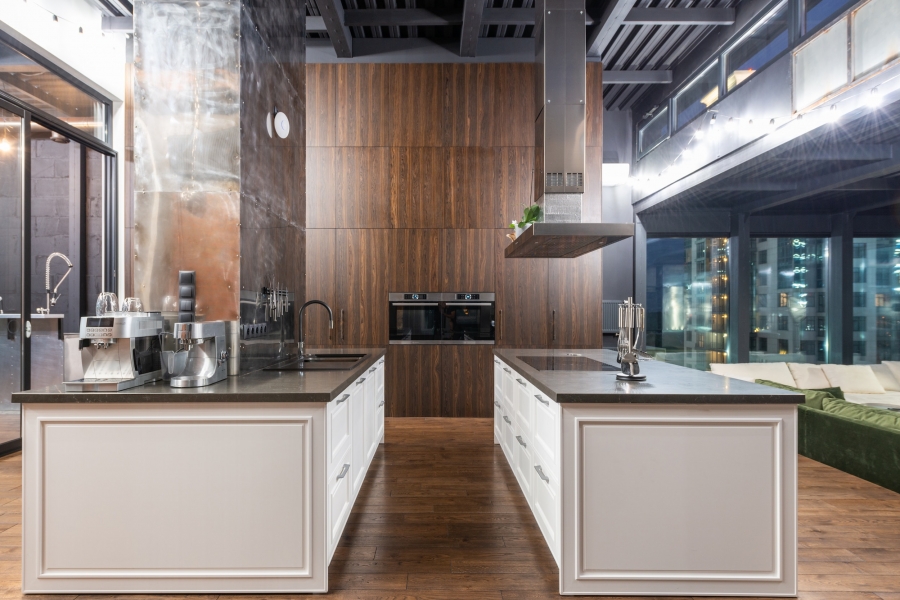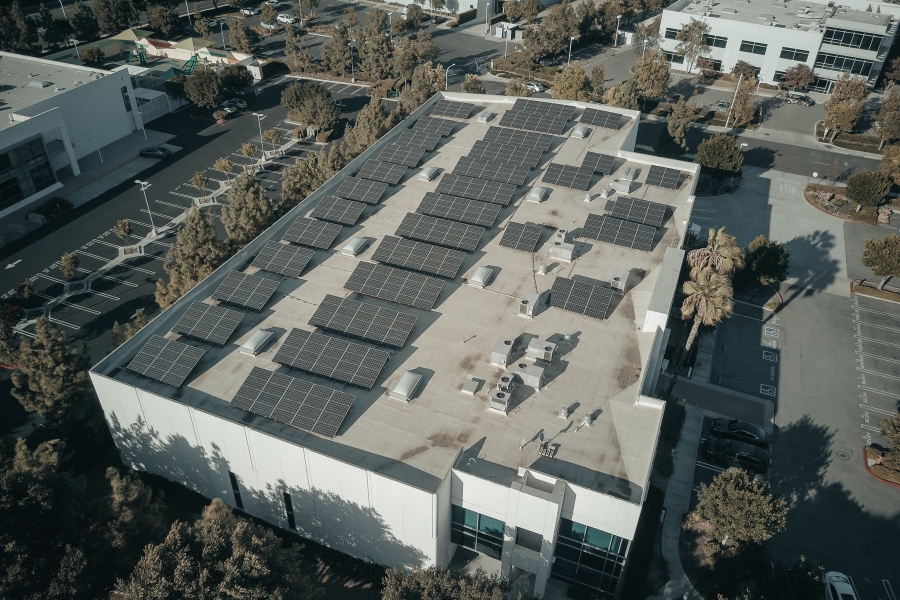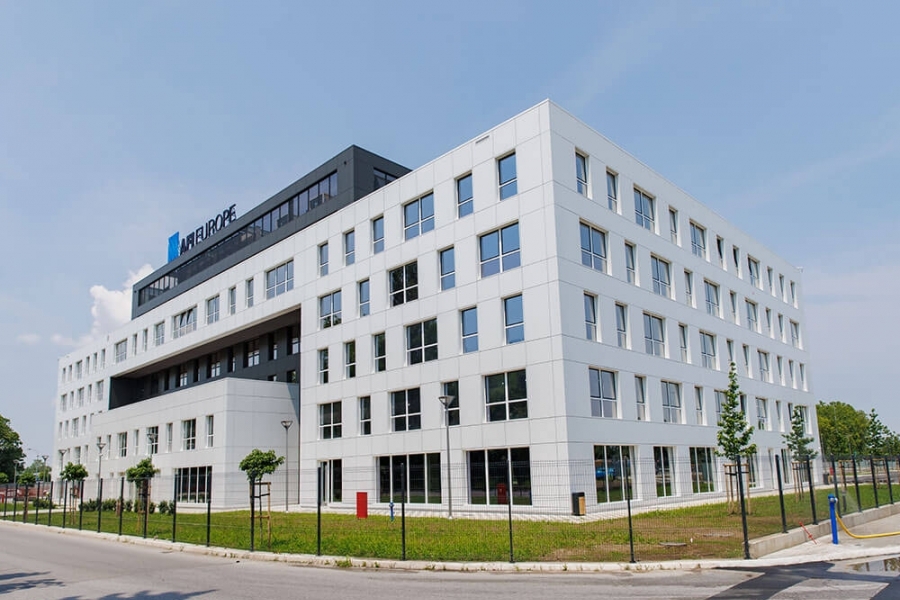
Heat pumps play a crucial role in achieving energy-efficient and sustainable ventilation and air conditioning systems. By harnessing renewable energy sources, heat pumps can provide both heating and cooling solutions while minimizing energy consumption. In this article, we explore the integration of heat pumps into ventilation and air conditioning systems, their benefits, and considerations for implementation.
Heat pumps utilize the principles of thermodynamics to transfer heat from one area to another, making them highly energy-efficient. By extracting heat from the air or ground and transferring it into the ventilation and air conditioning systems, heat pumps reduce the need for traditional heating or cooling methods that rely on electricity or fossil fuels.
By utilizing the renewable energy sources available in the environment, heat pumps can significantly reduce energy consumption, leading to cost savings in the long run. Additionally, as heat pumps require less maintenance compared to traditional heating and cooling systems, they can also result in lower operational costs.
Integrating heat pumps into ventilation and air conditioning systems promotes environmental sustainability by reducing reliance on fossil fuels and minimizing greenhouse gas emissions. Heat pumps harness renewable energy from the air, ground, or water, making them a greener alternative for heating and cooling buildings.
Heat pumps not only provide heating and cooling but also contribute to better indoor air quality. By continuously circulating and filtering the air, heat pumps help remove allergens, pollutants, and humidity, creating a healthier and more comfortable indoor environment.
Heat pumps can be integrated into various ventilation and air conditioning systems, offering flexibility and versatility in their application. They can be used for both residential and commercial buildings, as well as in different climate zones, providing customized solutions for diverse environments.
To learn more about our system installation and design services, contact us to find the best solution for your business needs together.

Solar heating is an increasingly popular solution for heating commercial buildings. By harnessing the power of the sun, businesses can enjoy numerous ...
More

As a company engaged in the installation and design of heating systems in the construction industry for residential and commercial buildings, business...
More

Shopping malls are bustling spaces where shoppers come to explore, browse, and make purchases. A crucial aspect of creating a pleasant and inviting en...
More